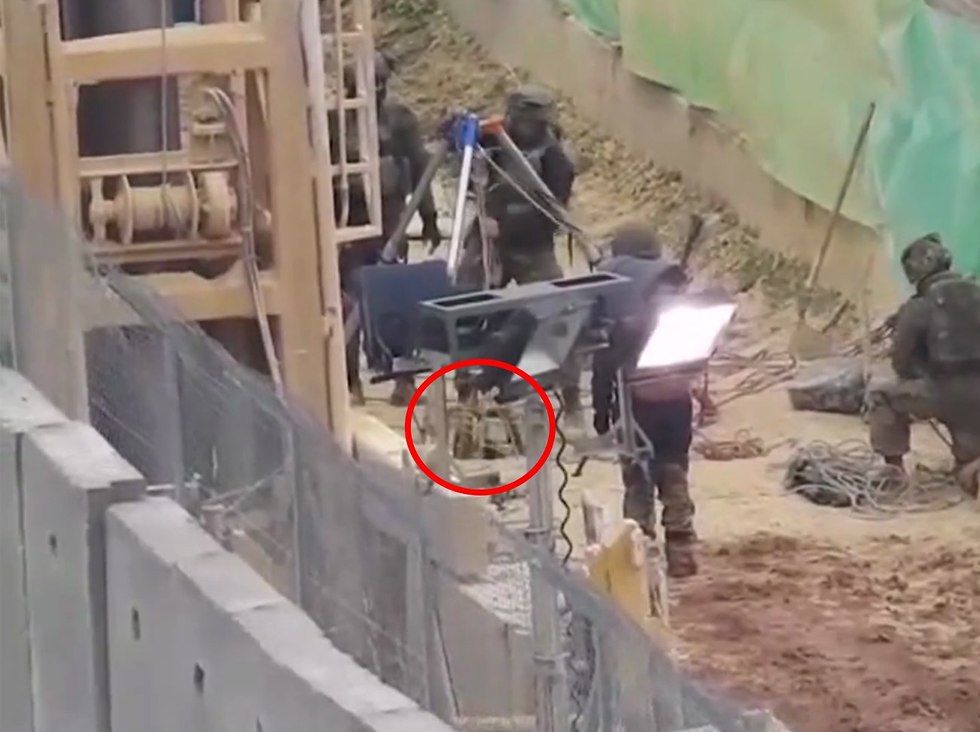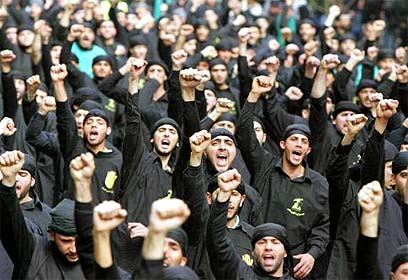Even so, the incident might represent a turning point on three issues. Firstly, if in fact this was a three-hour strike and involved a large number of aircraft, it shows the Israeli determination to ensure the destruction of Iranian targets, as well as a demonstration of its raw military power. Secondly, Syria is also signaling its intentions by activating air defenses to intercept missiles fired by the Israeli Air Force over Lebanese territory.
Thirdly, there is the Lebanese angle. Israel has reiterated the fact that the tunnels dug by Hezbollah under the Israel-Lebanese border constitute a violation of its sovereignty, which requires retaliation, whereas Lebanon argues that Israel is constantly violating its own sovereignty. This exchange of accusations, which intensified after Prime Minister Benjamin Netanyahu's speech at the UN General Assembly several months ago, might increase tensions between the two sides.
Israel should be more worried about the Lebanese front than the Syrian one. Iran is indeed aspiring to entrench an anti-Israeli presence in Syria, but the Islamic republic is still far from reaching that goal. On the other hand, Iran has met all of its objectives as far as Lebanon is concerned.
It may appear that Lebanon is an independent country, albeit with Hezbollah operating in its territory, but reality paints a different picture. Lebanon and the Shiite terror organization have an unwritten agreement: the government is responsible for civil issues and represents the country's beautiful side, while Iranian-backed Hezbollah is the sole military force in the country, telling the Lebanese army where to deploy its troops, and deciding whether calm prevails on the Israel-Lebanese border. Hezbollah is an Iranian satellite, or proxy, meaning that Lebanon is effectively controlled by Iran.
This fact leads us to two conclusions: Russia, like Israel, is not interested in strengthening Iran in Syria. Moscow, which seeks to maintain its grip on Syria via President Bashar Assad's puppet regime, is unwilling to allow Iran to seize Syria as it seized Lebanon. Therefore, Russia will continue to display patience with Israeli strikes in Syria, but only as long as Jerusalem hits Iranian targets. Russian rhetoric might be aggressive, but its reaction will be mild.
Furthermore, Israel must inform the world that if Iran decides to activate Hezbollah against it, this would not only lead to another war between Israel and the terror organization, but to an all-out conflagration between Israel and Lebanon.
If the United States, France and Saudi Arabia, who have invested great effort in Lebanon and desire to save it from destruction, they should explain to the Lebanese government the ramifications of placing the country's military force in the hands of Hezbollah and its patron, Iran.
If a third war breaks out in Lebanon, Israel would act against the country as a whole to ensure a short military campaign, as opposed to the Second Lebanon War in 2006, which lasted 34 days.Iran is Hezbollah is Lebanon.
Israel must focus on the Lebanese front : http://bit.ly/2AibQi4


No comments:
Post a Comment